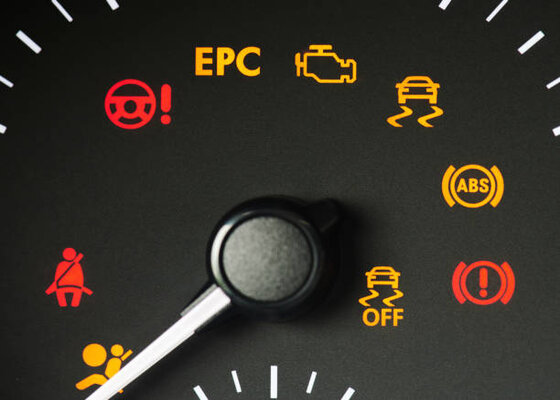
Safe And Sound - Expert Driving Dos And Don'ts
Driving safety is not just about obeying traffic rules; it also involves proper vehicle maintenance and condition. Your car's health directly impacts your safety and that of others on the road. By adhering to essential driving dos and don'ts related to vehicle maintenance, you can significantly reduce the risk of accidents and ensure a safe journey. In this article, we will explore vital tips to help you stay safe on the road by prioritizing vehicle maintenance and condition.
Dos:
1. Do Regularly Check Your Vehicle:
Performing regular maintenance checks on your car is fundamental to ensure its safety and reliability. Schedule routine inspections of your brakes, tires, lights, and fluid levels. Address any issues promptly to prevent potential breakdowns while driving.
2. Do Maintain Proper Tire Pressure:
Keeping your tires properly inflated is crucial for vehicle stability, fuel efficiency, and overall safety. Check tire pressure at least once a month and before long trips, ensuring they match the manufacturer's recommended levels.
3. Do Replace Worn-Out Brake Pads:
Brakes are your car's lifeline, and worn-out brake pads can compromise your ability to stop quickly and safely. Monitor your brake pads' condition and replace them when they are nearing the end of their lifespan.
4. Do Use High-Quality Replacement Parts:
When replacing parts in your vehicle, opt for high-quality, manufacturer-recommended components. These parts are designed to meet the necessary safety standards and ensure optimal performance.
5. Do Keep Your Car Clean:
Regularly clean your car, both inside and out, to maintain its condition and prevent the buildup of dirt and debris that may affect its performance. A clean car promotes visibility and enhances safety on the road.
6. Do Follow the Maintenance Schedule:
Adhere to the manufacturer's maintenance schedule for your vehicle. Regular servicing, oil changes, and filter replacements help keep your car in top condition, minimizing the risk of unexpected breakdowns.
Don'ts:
1. Don't Ignore Warning Lights:
Pay attention to any warning lights on your dashboard. Ignoring these indicators could lead to severe mechanical problems and compromise your safety on the road.
2. Don't Delay Repairs:
If you notice any issues with your vehicle, such as strange noises, vibrations, or reduced performance, address them promptly. Delaying repairs may exacerbate the problem and lead to costly repairs or accidents.
3. Don't Overload Your Vehicle:
Avoid exceeding your car's maximum load capacity. Overloading can strain the suspension, brakes, and tires, making your vehicle less stable and more challenging to control.
4. Don't Neglect Tire Maintenance:
Inspect your tires regularly for signs of wear, such as uneven tread wear or bulges. Neglected tires can lead to blowouts, loss of control, and accidents.
5. Don't Neglect Fluid Checks:
Regularly check the levels of engine oil, coolant, brake fluid, and other essential fluids. Inadequate levels can lead to mechanical failures and engine damage.
6. Don't Delay Brake Repairs:
If you notice any signs of brake issues, such as squealing, grinding, or reduced responsiveness, have them inspected immediately. Delaying brake repairs can be extremely dangerous and compromise your ability to stop effectively.
Conclusion
Ensuring the safety of your vehicle is vital for a secure and enjoyable driving experience. By following these essential driving dos and don'ts related to vehicle maintenance, you can significantly reduce the risk of accidents and breakdowns. Regularly check and maintain your vehicle, address any issues promptly, and use high-quality replacement parts to keep your car in top condition. By prioritizing vehicle maintenance and condition, you can confidently hit the road, knowing that you are driving a safe and reliable vehicle. Stay safe on the road with a well-maintained car!
Recent Articles

How to Extend Battery Life
Batteries are the heart of your vehicle’s electrical system. A worn-out battery will always give you trouble with vehicle starting, sensor performance and many other relevant issues. Selecting the right battery as per the manufacturer recommendations will be the first step.

How to Identify the Warning Lights on the Dashboard
Many are confused and gets worried when a warning light is lit on the dashboard. There are many types of warning lights in a vehicle.
